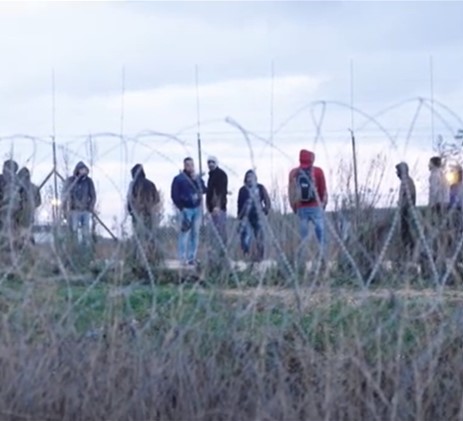Palestinians have been working in Israel for 50 years. Following the first intifada, Israel decided to monitor the entry of Palestinian workers and established checkpoints between Israel and the occupied territories. Every Palestinian seeking work in Israel had to obtain a work permit, which listed the name of his Israeli employer—ostensibly for regulatory purposes. This resulted in a vast and complex illegal trading network for work permits, and many Palestinian workers are forced to pay thousands of shekels a month in brokerage fees, all under the noses of the authorities. It’s business.
In 2016, Israel initiated reforms to end the binding of workers to employers and end the growing trade in work permits. However, there is a gap between the reform and reality: most workers are not aware that the reform has been enacted and the illegal trade in work permits continues unabated.
How do these heedless norms continue despite regulations, laws and reforms? In the case of Palestinian workers, it starts with the state and trickles down to employers. Only 4% of eligible workers received sick pay due to dysfunctional management of the sick leave fund, and because many workers were never informed that they could take sick leave. Those who “accidentally” discovered their sick leave benefits, found it difficult to obtain them.
Workers’ money was mismanaged in the pension fund too. More than NIS 1.5 billion accumulated in the and did not reach workers. In addition, workers were encouraged to their pension money instead of saving it for the future. The monthly contributions to the fund do not match actual salaries, and workers find it hard to claim benefits after work accidents.
With the occupation trampling human rights at every opportunity, and the state turning a blind eye to the physical and emotional ordeal faced by workers, Worker’s Hotline plays an important role in supporting these workers every day anew.
- We promote the rights of Palestinian workers and make their voices heard in the Knesset and the court system.
- At our offices and at checkpoints, in training seminars and through social media, workers are empowered by the individualized information and support they receive from KLO staff and lawyers.
- Our legal petition pushed the state to enact reforms in the permit system finally, after a four-year delay.
- Thanks to our two petitions, employers are now paying sick leave and the pension fund is now managed by a professional entity.
- We petitioned to reduce congestion at checkpoints and ensure more sane transit conditions.
- Thanks to our work, hundreds of thousands of shekels have been returned to hundreds of workers, allowing them to attain their rights at last.
There’s still a lot of work ahead of us.


